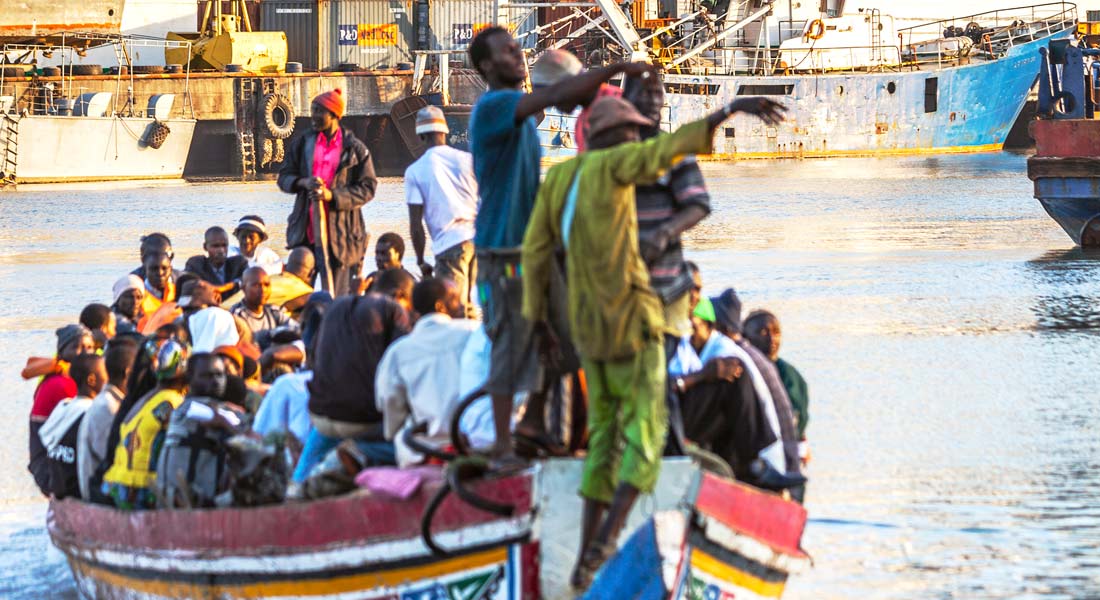Preparedness and Response to Humanitarian Crises
Be introduced to two aspects of disaster management: Preparedness and Response. You will also gain increased awareness of the nature and management of disasters, leading to better performance.

Current concepts, standards, principles, methods and terminology of preparedness planning and response operations are presented.
You will be introduced to the cluster approach with extensive coverage of the most essential clusters: water, sanitation and hygiene (WASH); health; shelter; logistics; food and nutrition; protection; camp coordination and management; and education.
Topics during this course include: leadership and partnerships during crises; conflicts and complex emergencies; international security; management of disaster situations; needs assessment and monitoring; legal framework for refugees and IDPs; information management and GIS; communication in emergencies; financing and donors; personal safety in the field; and project management.
- Basic concepts related to disaster preparedness and response.
- Considerations in regional and local planning for disaster preparedness and response.
- International collaboration for preparedness and response with a focus on the Cluster System.
- Implementation of disaster preparedness and response plans and their limitations and pitfalls.
- Health, pandemics, WASH and nutrition preparedness plans and response.
After completing this course, you will have an overall understanding of key aspects of disaster preparedness and response and be able to evaluate the strengths and limitations of the existing international preparedness and response systems. Your ability to engage with disaster professionals across sectors and disciplines will be strengthened.
On completion of the course, you will be able to:
- Demonstrate an overall understanding of key aspects of disaster preparedness and response.
- Acquire an understanding of the complexity of the “assistance” deployment environment.
- Be familiar with coordination, information management and operations and logistics for disaster response.
- Be familiar with the concept and methodologies for conducting a needs assessment.
- Acquire the conceptual basis to appreciate the complexity of the response environment.
- Develop a Preparedness and Response Framework and Plan for a specific case study.
- Critically evaluate the strengths and limitations of the existing international preparedness and response systems.
Participants must
- Hold a relevant bachelor degree or equivalent
- Have a minimum 2 years of relevant job experience
- Be proficient in English
Find detailed information about the current admission criteria.
Emmanuel Raju, Associate Professor, Global Health Section, Department of Public Health, University of Copenhagen.
This course is offered as a compulsory part of the Master of Disaster Management
Priority is given to students enrolled on Master of Disaster Management. Once the enrolled students have been admitted to the course, the remaining seats are distributed on a first-come, first-served basis.
Course details
| Duration: | 5 weeks |
| Dates: |
30 September - 1 November 2024 Course dates 2025 |
| Frequency: | Once every year |
| Place: | University of Copenhagen, Copenhagen, Denmark |
| Course fee: |
EU/EEA citizens: |
| Level and credit: | Master's course; 7.5 ECTS |
| Examination date: | See exam dates |
| Application deadline: | 5 August 2024 |
| Admission: | To be admitted, you must meet the admission criteria for Master of Disaster Management |
